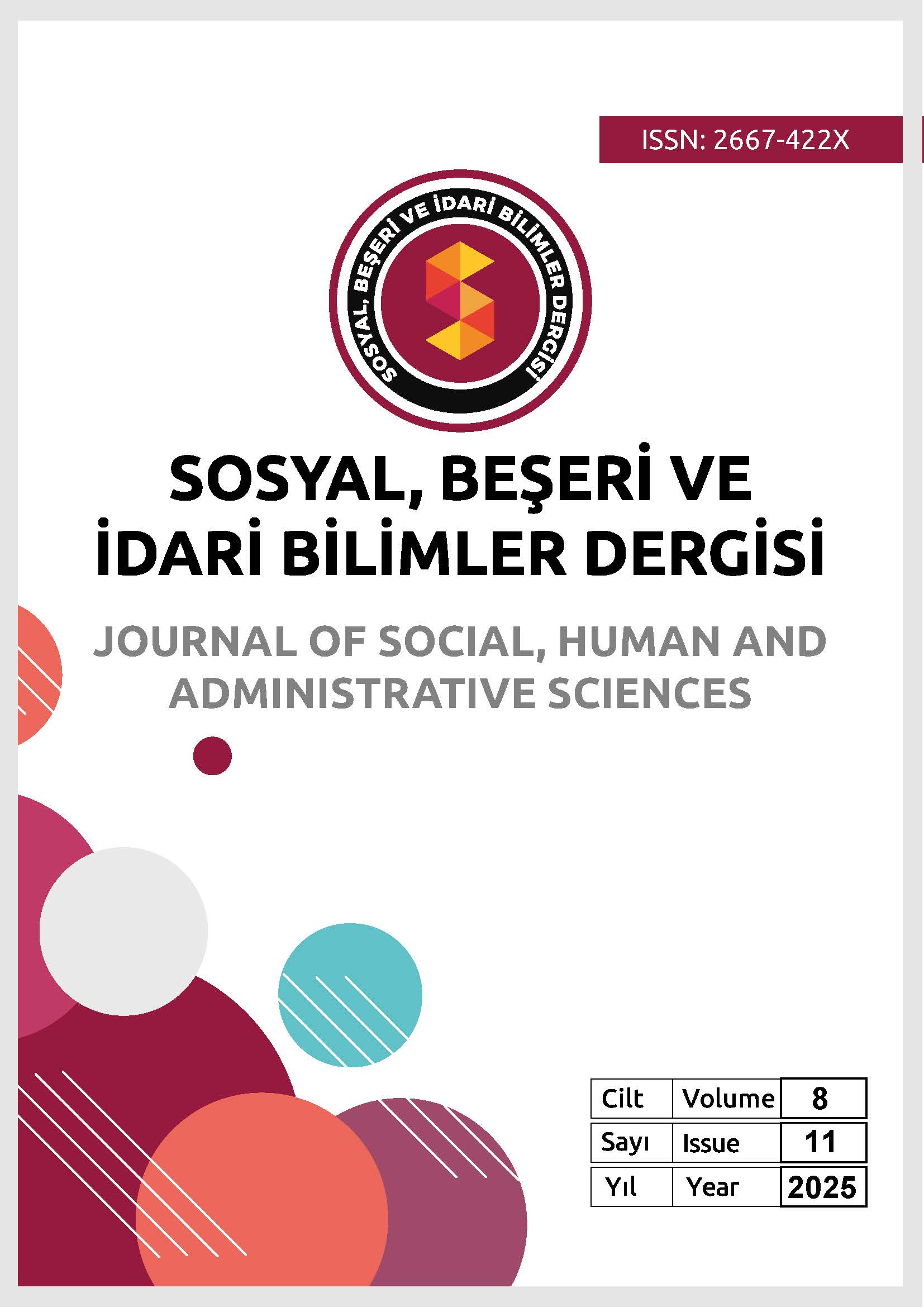The Concept of Existence in Plato and Its Reflections in Islamic Philosophy
Main Article Content
Abstract
The concept of existence, one of philosophy's most ancient issues, has been debated throughout
the history of thought, centering on questions such as its definition, principle, types, beginning,
and whether it can end. Throughout these debates, the nature of existence has consistently
remained central to philosophical thought. Questions concerning the meaning, nature, and
ontological status of existence have been decisive in the development of philosophy. The ancient
philosopher Plato evaluated existence within the framework of the world of ideas, defining it as
an unchanging and permanent reality beyond the sensory world. According to Plato, ideas are
truly existent; entities in the sensory world, however, are in a constant state of change and
formation, and therefore do not truly exist. The Islamic philosophers Kindi, Farabi, and Ibn Sina
developed this understanding, distinguishing between necessary and contingent existence and
emphasizing the relationship between existence and nature. This metaphysical approach has
influenced both Islamic thought and Western philosophy in later periods. In this study, the
historical-philosophical development of the concept of being, Plato's understanding of being and
the effects of this understanding on Islamic philosophers will be discussed.
Article Details

This work is licensed under a Creative Commons Attribution 4.0 International License.

